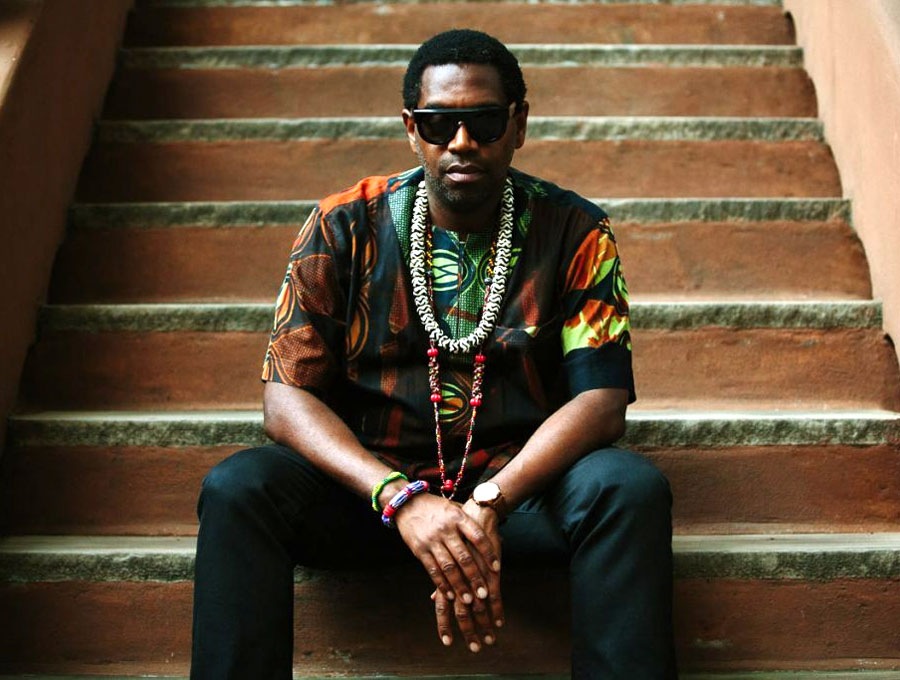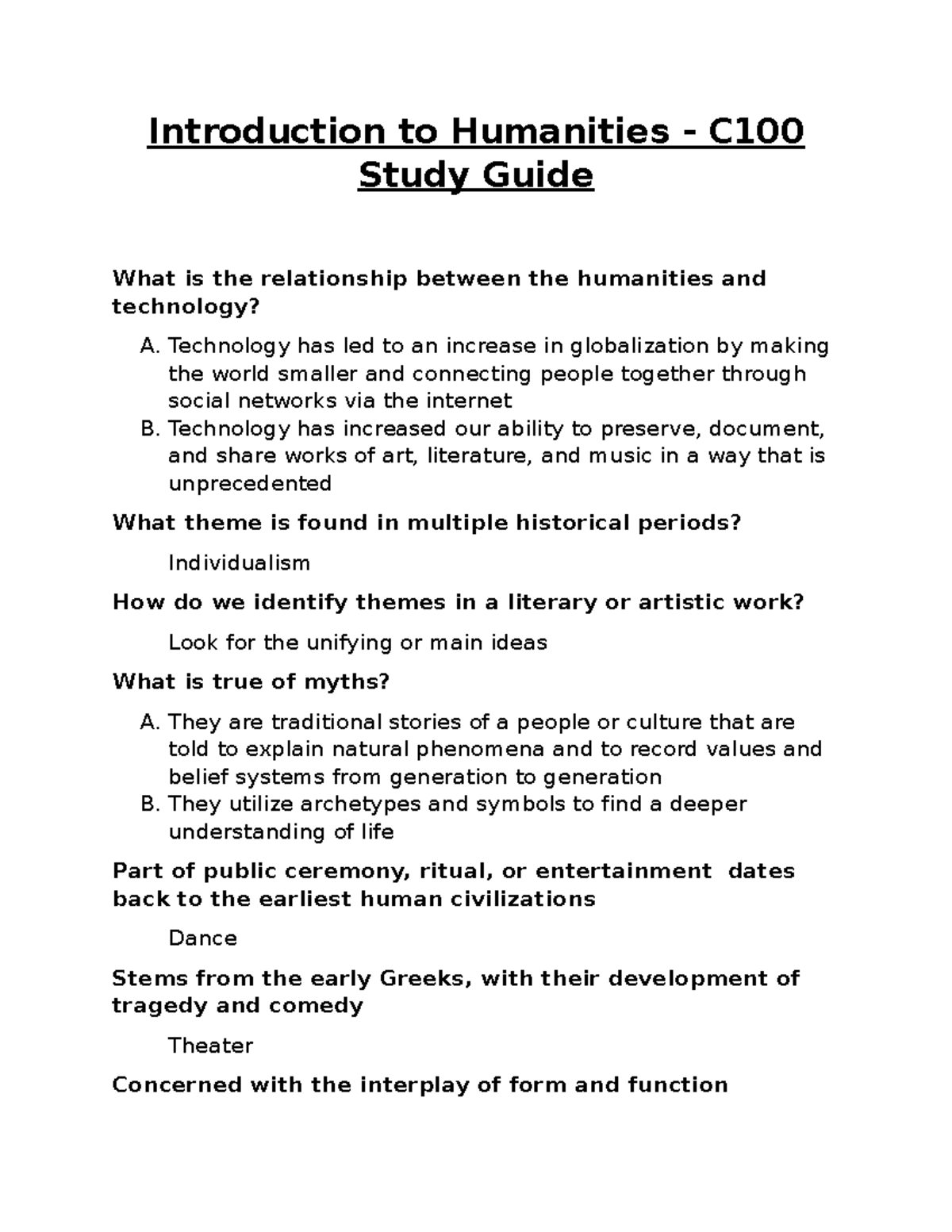Yosvany Terry, a maestro of Afro-Cuban music, is a prominent figure shaping the contemporary jazz landscape at Harvard University. As the director of the Harvard Jazz Ensembles, he passionately explores the depths of musical traditions that intertwine his Cuban heritage with the African roots of jazz. Recently, Terry’s research journeys to West Africa and Cuba have unveiled the rich connections between these cultures, enriching his educational approach. His upcoming performance on May 1 at ArtsThursdays promises to showcase this vibrant fusion, engaging audiences with the powerful narratives embedded in Afro-Cuban rhythms. Through his work, Yosvany Terry not only preserves cultural identities but also inspires a new generation of musicians to embrace their musical heritage.
In the realm of music and culture, Yosvany Terry emerges not only as a musician but as an influential educator, introducing students to the intricate world of jazz and its rich historical roots. Terry’s dedication to Afro-Cuban musical forms and the broader Afro-diasporic traditions fosters a deeper understanding of how cultural identities shape sound. Through platforms like ArtsThursdays, he bridges the gap between academic inquiry and live performance, allowing audiences to witness the confluence of varied traditions. Terry’s innovative approach, combining educational initiatives with exciting performances, ensures that the legacy of these musical styles continues to thrive and evolve. As he draws students into collaborative experiences, Terry redefines what it means to engage with music at a global level.
Exploring Afro-Cuban Music’s Deep Roots
Afro-Cuban music stands as a vibrant testament to the rich cultural exchanges borne from the African diaspora. The roots of this genre can be traced back to the traditions that Yosvany Terry uncovers in his travels to Benin and Cuba. By exploring these connections, scholars and musicians alike gain insights into how musical practices evolved under the pressures of colonization and slavery. These traditions have morphed and adapted, resulting in a genre that not only evokes the spirit of its origins but also showcases the resilience of cultural identity through music.
Furthermore, Yosvany Terry’s work emphasizes the intersections of various musical forms stemming from the African continent. The rhythms, chants, and melodies intrinsic to Afro-Cuban music mirror those found in West African traditions, highlighting the importance of historical context in understanding contemporary music. Musicians in Cuba, often descendants of enslaved Africans, preserved elements of their heritage, blending them with Spanish influences to create what we know today as an integral component of global music culture.
The Impact of Yosvany Terry on Jazz Education
Yosvany Terry’s role as the director of the Harvard Jazz Ensembles has fundamentally transformed jazz education at Harvard. By integrating Afro-Cuban music into the program, he enriches students’ understanding of jazz as a genre deeply linked to African roots and cultural narratives. This approach fosters a unique environment where students can engage not only with traditional jazz but also explore its evolutionary branches—thus broadening their musical perspectives and capabilities.
Moreover, Terry’s commitment to collaboration across departments within Harvard enhances the educational experience for aspiring musicians. Students are encouraged to participate in workshops and performances that link jazz with various art forms, such as dance and visual arts. This interdisciplinary approach not only cultivates technical skills but also encourages creative exploration, allowing students to see the cultural significance behind the music they study.
ArtsThursdays: Bridging Community and Culture
ArtsThursdays have emerged as a vital platform within Harvard, connecting students, faculty, and the surrounding community through live music performances and workshops. By featuring artists like Yosvany Terry, this initiative highlights the university’s commitment to the arts and the importance of cultural dialogue. The performances not only showcase talent but also serve as educational moments where audiences can gain deeper insights into the artistic processes and cultural histories behind the works presented.
Moreover, these events encourage participation from a diverse array of communities, thus fostering an environment of inclusivity. By attending performances and workshops, members of the community can engage with the rich tapestry of Harlem and Afro-Cuban musical traditions. Events like Terry’s upcoming performance not only entertain but also educate audiences on the historical significance of the music, linking the past with vibrant contemporary expressions.
The Role of Collaboration in Cultural Preservation
Yosvany Terry highlights the critical role that collaboration plays in preserving and promoting musical traditions, particularly those that have shaped contemporary genres such as jazz and Afro-Cuban music. His interactions with musicians in Benin reflect a commitment to understanding and sharing cultural legacies that would otherwise remain unseen. Terry’s initiative to create documentary films alongside his research emphasizes the need to document these interactions to ensure that future generations can appreciate and learn from the cultural exchanges that have shaped music history.
Collaboration extends beyond individual performances, as Terry emphasizes partnerships with other educational institutions and artists. This engagement allows for the cross-pollination of ideas and practices, creating a rich learning environment where traditions are not only preserved but also revitalized. The result is a living, breathing artistic practice that resonates with audiences and participants alike, allowing them to connect more deeply with their cultural roots.
Yosvany Terry’s Influence on Modern Compositions
The innovative work of Yosvany Terry extends into his unique compositions, influenced by the rich tapestry of Afro-Cuban and jazz traditions. His ability to weave historical narratives into new works, like his current opera project about the first free person of color in Cuba, demonstrates how artists can address past injustices while exploring contemporary themes. This approach not only enriches the genre but also invites audiences to engage with the deeper stories behind the music.
By drawing inspiration from his research in Benin, Terry creates compositions that resonate with the rhythms and emotions of West African music. These new works forgo traditional boundaries, blending various influences into complex artistic expressions that reflect the multifaceted nature of cultural identity. This innovative mindset helps nurture a new generation of musicians who feel empowered to express their unique interpretations within the arts.
Understanding the African Diaspora Through Music
The African diaspora has profoundly influenced various musical traditions, and understanding this lineage is essential for comprehending how genres like jazz developed. Yosvany Terry’s research allows audiences to explore these connections, shedding light on how music serves not just as entertainment, but as a powerful means of cultural expression and preservation. By highlighting these relationships, Terry enriches our understanding of music as a living history.
Musical practices that emerged from the African diaspora reflect the complexities of identity, history, and resilience. They carry narratives that tell of survival, struggle, and triumph against the odds. Terry’s efforts to illuminate these influences facilitate a dialogue that connects students and community members to a broader understanding of their place within these musical histories, ultimately fostering appreciation for the cultural diversity that shapes contemporary music.
Evolving Music Traditions in the 21st Century
In the 21st century, music continues to evolve in ways that challenge traditional boundaries. Yosvany Terry’s exploration of Afro-Cuban music alongside jazz demonstrates how these genres can meld and transform, creating new sounds that reflect contemporary society. This ongoing evolution showcases the adaptability and resilience of musical forms, echoing the persistent influences of cultural exchange.
With musicians like Terry at the forefront, there is a growing recognition of the importance of preserving traditional practices while innovating new ones. The dialogue between past and present highlights how traditions are not static but dynamic, continually responding to both historical contexts and modern influences. This understanding is essential for students and audiences who seek to engage deeply with music as a living art form.
The Intersection of Education and Cultural Expression
Education plays a crucial role in fostering an appreciation for cultural expression through music. Yosvany Terry’s commitment to enriching the curriculum at Harvard challenges students to think critically about the origins and implications of the music they study. By incorporating elements of Afro-Cuban music and other traditions, he prepares his students to engage with music as a means of cultural storytelling and expression.
This educational approach encourages students not just to become skilled musicians but also informed citizens who appreciate the complexities of cultural identities as depicted through music. Terry’s dedication to sharing these traditions inspires students to explore beyond their initial understandings, inviting them to see how their art can contribute to the broader narrative of culture and history.
The Cultural Significance of Musical Events at Harvard
Musical events at Harvard, such as ArtsThursdays, serve as cultural touchstones that highlight the importance of community engagement with the arts. These performances create opportunities for interaction between artists and audiences, fostering a shared appreciation for diverse musical traditions. As Yosvany Terry takes to the stage, he not only showcases his work but invites the community to participate in a richer dialogue about music’s role in cultural identity.
Through these events, attendees gain exposure to exceptional talent and the cultural narratives intertwined with their performances. By celebrating artists like Terry, Harvard reinforces its commitment to the arts and strengthens the bonds between the university and the broader community. This dynamic relationship underscores the potential of music to bring people together, serving as a catalyst for deeper cultural understanding.
Frequently Asked Questions
What is Yosvany Terry known for in the realm of Afro-Cuban music?
Yosvany Terry is renowned for his contributions to Afro-Cuban music, blending traditional elements with contemporary jazz. His work emphasizes the connection between African musical traditions and modern jazz, reflecting his Cuban heritage and extensive research in both Cuba and West Africa.
How does Yosvany Terry incorporate his research into his music?
Yosvany Terry incorporates his research into his music by creating new compositions inspired by the musical traditions he studies. His recent findings from Benin and Cuba influence the themes and styles of his performances, thus enriching the Afro-Cuban music scene with authentic cultural narratives.
What role does Yosvany Terry play at Harvard University?
At Harvard University, Yosvany Terry serves as a senior lecturer in music and the director of the Harvard Jazz Ensembles. He is dedicated to educating students about the intersections of jazz and Afro-Cuban traditions, fostering a deeper appreciation for these musical genres.
What is the significance of ArtsThursdays for Yosvany Terry and the Harvard community?
ArtsThursdays is significant for Yosvany Terry as it provides a platform to showcase his research and performances. This initiative enhances the visibility of the arts at Harvard and encourages collaboration between various disciplines, engaging both students and the larger community in cultural exploration.
How has Yosvany Terry contributed to the Harvard Jazz Ensembles?
Yosvany Terry has expanded the Harvard Jazz Ensembles by inviting Afro-Latin American jazz masters and integrating diverse musical influences. His leadership has transformed the program into a dynamic space for students to explore jazz within a broader cultural context, linking it to Afro-Cuban music traditions.
What can audiences expect from Yosvany Terry’s performance at ArtsThursdays?
Audiences can expect a rich performance from Yosvany Terry at ArtsThursdays that illustrates the connection between his research and music. He will present works that highlight the cultural and historical significance of Afro-Cuban music traditions, including the themes explored in his recent studies.
In what ways does Yosvany Terry engage with students at Harvard?
Yosvany Terry engages with students at Harvard through interactive music classes, workshops, and performances. He encourages exploring Afro-Cuban music and its roots, promoting a comprehensive understanding of cultural identity and musical traditions among his students.
How does Yosvany Terry view the future of Afro-Cuban music at Harvard?
Yosvany Terry envisions a vibrant future for Afro-Cuban music at Harvard that continues to evolve through innovation and collaboration. He believes in the importance of expanding curriculum and attracting diverse artistic talent to foster a rich cultural atmosphere on campus.
| Key Point | Details |
|---|---|
| Yosvany Terry’s Research | Exploring the connections between the musical traditions of Benin and the Caribbean, particularly Cuba. |
| Significance of Tradition | Terry emphasizes the role of tradition in safeguarding cultural identity, especially among communities affected by the African diaspora. |
| Educational Goals | Terry aims to provide his students with primary source materials to understand how these traditions shaped modern jazz and other musical genres. |
| Community Engagement | His ongoing projects include performances and workshops that promote cross-departmental collaboration and community involvement. |
| Innovative Collaborations | Terry engages in interdisciplinary work, including AI’s role in music composition, showcasing the importance of innovative exploration in the arts. |
| Future of the Arts | Terry envisions further growth in the arts at Harvard by inviting diverse artistic minds and continuing to expand the curriculum in music. |
Summary
Yosvany Terry’s extensive research into the musical connections between Benin and Cuba highlights the importance of tradition in preserving cultural identity. His work serves not only as a bridge between different musical heritages but also as a vital educational resource for his students. The performances and initiatives he leads foster a greater understanding of cultural influences in modern music, emphasizing the need for ongoing collaboration and innovation within the arts. As Terry continues to explore these rich traditions, he remains committed to elevating the arts at Harvard and in the wider community.


